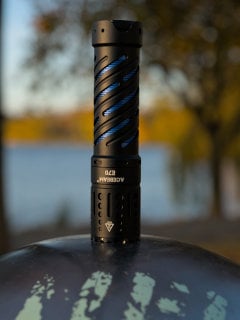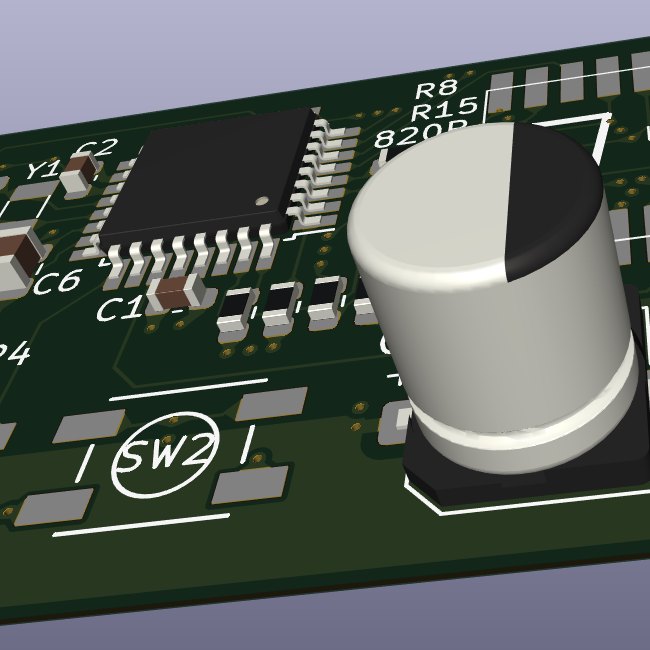

I keep a little wire next to the charger to tap the positive lead of the shutoff battery to the working battery right next to it in the charger. The chargers already connect the negatives so just a quick tap on the positive brings them back.


I keep a little wire next to the charger to tap the positive lead of the shutoff battery to the working battery right next to it in the charger. The chargers already connect the negatives so just a quick tap on the positive brings them back.


I mean what you are describing sounds like an exact match for oscilloscope current probes : https://www.digikey.com/en/articles/understanding-selecting-effectively-using-current-probes They are expensive, but convert AC and DC current to a voltage range reasonable for a scope and do so in an isolated manner. Bandwidth is basically as much as you are willing to pay for.
For current shunts there is the EEVblog uCurrent but it’s not isolated, just a very low burden voltage shunt and amplifier essentially> https://www.eevblog.com/projects/ucurrent/
I suppose that makes sense given that information is encoded as a series of key frames interspersed by 'I-frames" that simply encode the delta to the previous key-frame when using most compressed video algorithms. So cutting in-between key-frames doesn’t really make sense since the I-frame would no longer have anything to reference it’s delta to.